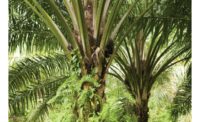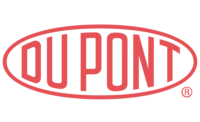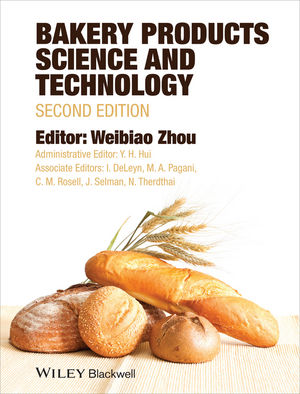Sustainability in Action
DuPont Nutrition & Health pushes for more sustainable bread

DuPont Nutrition & Health is focusing on whole grain bread in a drive to help industrial bakers reduce waste, boost raw material usage and cut their carbon footprint. A tailored bakery system from the Fiberline range, part of the DuPont Danisco ingredient portfolio, offers bakers a value-added solution to raw material waste by enabling full utilization of wheat grains in bread with high consumer appeal.
Sensory evaluations have found the system overcomes previous issues with producing whole grain bread that consumers will accept as a reduced-carbon, white bread alternative.
“Whole grain bread is recognized as a healthy source of dietary fiber. It also has a carbon footprint that’s about 7% lower than that of white bread because it makes use of the entire wheat grain. When milling flour for white bread, around 25% of the grain is removed,” says Nic Franciosi, bakery application specialist at DuPont Nutrition & Health.
Using Fiberline 105, bakers can produce whole grain bread with the mild taste and soft texture of white bread, as preferred by most European consumers. In addition to optimizing raw material use, the bakery system saves costs by reducing the need for gluten to achieve a similar volume to white bread.
For reduced bread waste, new combinations of enzymes and emulsifiers can extend the fresh-keeping properties of bread during shelf life, encouraging consumers to throw less bread away. With Mintel reporting 90 million tons of food waste in the European Union each year, around 30% of it being bread, this is a pressing issue that the European Parliament has pledged to cut in half by 2025.
“Sustainability is not just about image improvement. It is the food trend with the biggest potential for increased profits. Solutions that utilize raw materials 100% and cut waste save money,” notes Anne Host Stenbak, DuPont Nutrition & Health industry marketing manager.
Looking for a reprint of this article?
From high-res PDFs to custom plaques, order your copy today!








